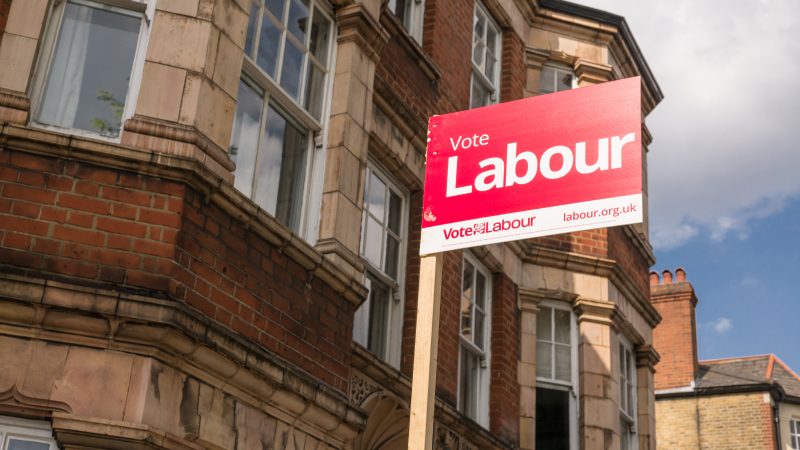
LabourList can today reveal Labour’s parliamentary candidate selection process for the upcoming Old Bexley and Sidcup by-election.
Sources say the longlisting and shortlisting will be done by three Labour national executive committee (NEC) members, one regional executive committee (REC) member and one local party representative.
There will then be an online hustings in which all local members will be able to take part. Applications close at 11.59pm on Sunday, shortlisting interviews are set to take place on Wednesday and the hustings on Thursday.
Labour conference in September passed a Momentum-backed rule change on selections for by-elections and snap general elections. It said shortlisting should be done by a five-person panel dominated by local members.
The new rule states that the shortlisting panel must comprise three local party representatives, one REC representative and one NEC member. The party is not set to implement this for Old Bexley and Sidcup.
Labour has determined that the rule change was “inexpertly drafted” and requires NEC guidance to clarify it. According to a statement by NEC officers, the new guidance guarantees:
“wherever the statutory timetable for nomination of candidates allows it – CLPs and the regional executive committee a say in the shortlisting process, with the final selection going to an all-member ballot”
Old Bexley and Sidcup is not considered a crucial by-election for Labour, as the Tories had a 2019 majority of 18,952, but insiders are aware that the selection process used will set a precedent – particularly ahead of a possible Leicester East contest.
Commenting on the NEC decision not to undertake shortlisting in the way described in the rule change, the delegate who moved the amendment at conference, Brenda Stephenson from City of Durham, said it was a “real kick in the teeth”.
“Constitutional amendments should not be subject to gerrymandering in this way,” she told LabourList. “City of Durham CLP will not be giving up our fight to ensure that this rule change is properly implemented in all its constituent parts.”
Below is the full text of the statement agreed by NEC officers on Thursday.
The NEC recognises the frustration party members feel following two General Elections at which candidates were imposed on local parties. In particular, the situation in the run up to the 2019 General Election – where local parties were prevented from selecting candidates, in some cases despite the vacancies being apparent for many months and only to have an NEC imposed shortlist or candidate at the last minute – was unacceptable.
The NEC, therefore, understands the spirit in which the “Selection of Parliamentary Candidates” constitutional amendment to Annual Conference was made and the reason it was subsequently approved by Annual Conference. However, due to the way that the constitutional amendment has been drafted, it leaves open the possibility that it may not be implementable at all.
The NEC has received legal advice advising that we should implement supplementary guidance to clarify the process for selections going forward. The NEC has, therefore, issued guidance guaranteeing – wherever the statutory timetable for nomination of candidates allows it – CLPs and the Regional Executive Committee a say in the shortlisting process, with the final selection going to an all-member ballot (none of which is currently guaranteed by the constitutional amendment).
The NEC wants to reiterate that the best way of ensuring maximum member involvement in selections is to begin the process as soon as possible. Proposals to select parliamentary candidates will therefore be brought to the full NEC in January 2022.




More from LabourList
Government announce SEND reform in schools white paper
SPONSORED: ‘Industrial hemp and the challenge of turning Labour’s priorities into practice’
‘A day is a long time in politics, so we need ‘action this day’’